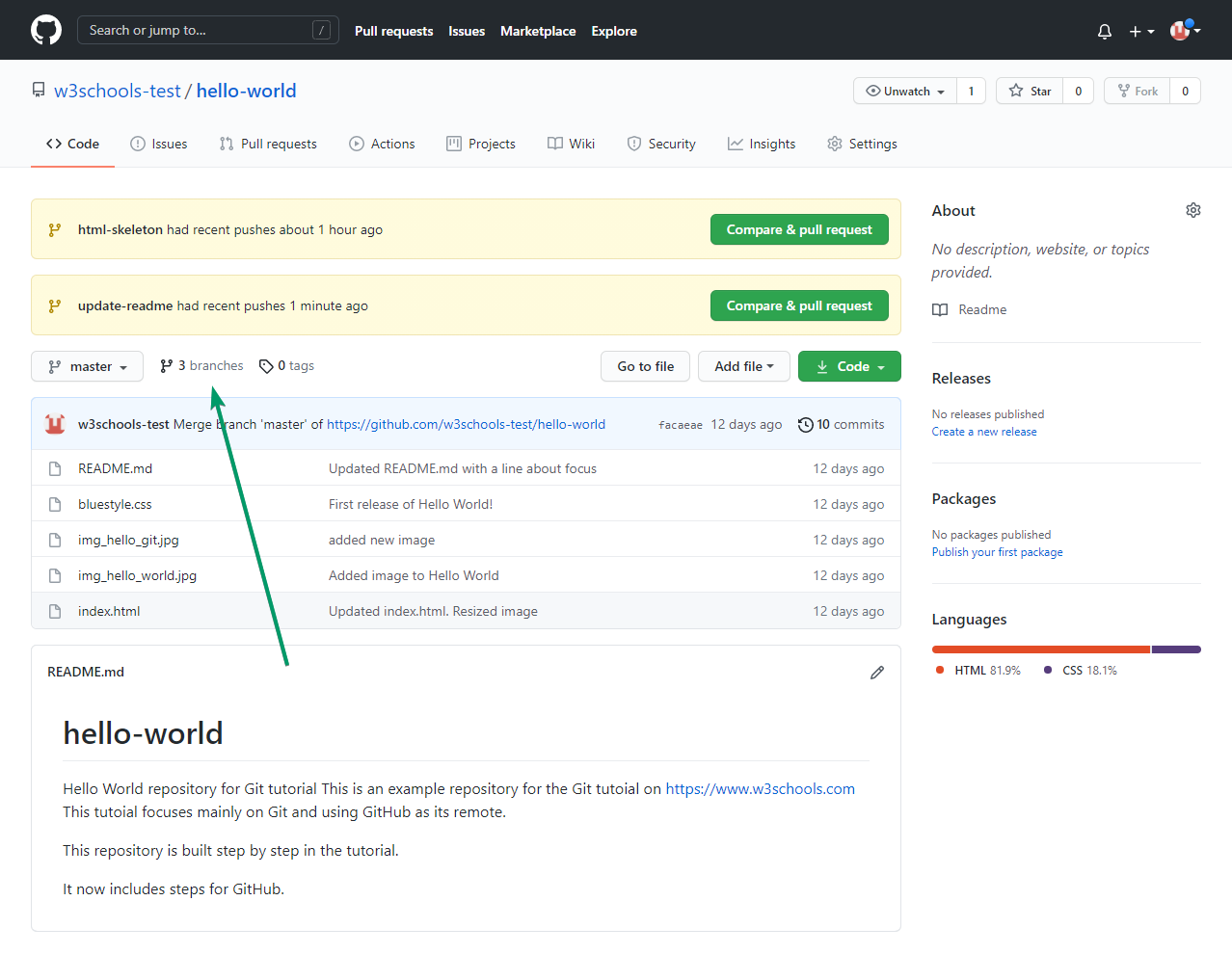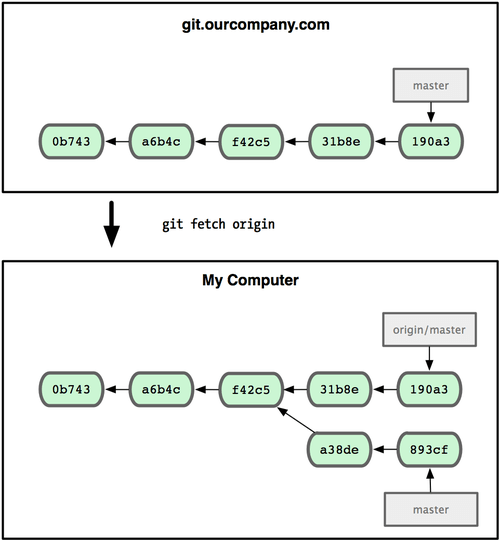
The origin of the term "master" in computing is controversial, but email records from the Git developers confirm that they were referring to the common master/slave metaphor when the industry standard was set. The main argument for changing "master" to "main" is to reduce the occurrences of problematic terminology in a team's codebase. Many names have been suggested, like "primary" and "default", but "main" has so far emerged as the most popular alternative. In the vein of making technology a more inclusive place, one initiative has been to rename the master branch to a different name.

The name "master" is significant because it has been both the standard name for the default git development branch but also carries clear references to slavery (e.g.
UPDATE MY BRANCH WITH MASTER GIT HOW TO
The current discussion has been around naming terminology in software development and how to make it more inclusive to the Black community. This move is one that we've adopted at Kapwing, and in this article, we'll discuss some of the thinking that went into this change as well as a short tutorial on how to do it yourself! What is the current discussion about? One recent movement in the tech industry has been around changing the default "master" name to another name like "main". Git merge master # merges your current branch with masterĪfter adding the alias, you can simply anycodings_git use the command anycodings_git âÂÂmergeâ to anycodings_git âÂÂupdateâ the anycodings_git branch you are currently working on.If you're a software developer in 2020, you're likely familiar with the term "master" as the name of the primary branch of development in Git. Git checkout $currentBranch # checks out the in point 1 saved branch Git pull # gets latest changes from master This alias works with 5 commands: currentBranch=$(git rev-parse -abbrev-ref HEAD) # gets your current branch(needed for point 4) You can add this to your shell anycodings_git configuration: alias merge='currentBranch=$(git rev-parse -abbrev-ref HEAD) & git checkout master & git pull & git checkout $currentBranch & git merge master' And you should at least anycodings_git compile test the new commits.Ġ T21:23:12+00:00 T21:23:12+00:00 Answer Linkįor everyone who finds this thread anycodings_git searching for an easy-to-use and anycodings_git consistent solution to merge your anycodings_git current branch with the latest changes anycodings_git on master: But anycodings_git whenever you do use it, you need to be anycodings_git aware of the fact that you are lying anycodings_git about history. I am not saying that you shouldn't use anycodings_git git rebase. The consequence of this may be, that you anycodings_git can't distinguish which of the three anycodings_git commits E, F, and G actually introduced anycodings_git a regression, diminishing the value of anycodings_git git bisect. It is actually quite easy anycodings_git to create nonsensical commits via a anycodings_git rebase, especially when the changes in anycodings_git master are important to the development anycodings_git in b1.

They may not anycodings_git even compile. The point is, that the commits E', F', anycodings_git and G' never truly existed, and have anycodings_git likely never been tested. The rebase, however, gives you this anycodings_git history: A - B - C - D <- master The merge results in the true history: A - B - C - D <- master Consider this commit graph: A - B - C - D <- master However, this linear history anycodings_git is a lie, and you should be aware that anycodings_git it is. People like this approach because it anycodings_git retains a linear history in all anycodings_git branches. The commands are analogue to anycodings_git the merge case: git checkout b1 People with an SVN, or anycodings_git similar background find this more anycodings_git intuitive. anycodings_git The only difference is, which branch anycodings_git ends up pointing to this merge commit. It anycodings_git simply does not care whether branch b1 anycodings_git merges master, or master merges b1, the anycodings_git merge commit looks all the same to git. You can trust it be able to get anycodings_git all threads together correctly.

Git can handle this situation really anycodings_git well, it is designed for merges anycodings_git happening in all directions, at the same anycodings_git time. This leaves the history exactly as it anycodings_git happened: You forked from master, you anycodings_git made changes to all branches, and anycodings_git finally you incorporated the changes anycodings_git from master into all three branches. That is actually quite anycodings_git simple, and a perfectly local operation: git checkout b1


 0 kommentar(er)
0 kommentar(er)
